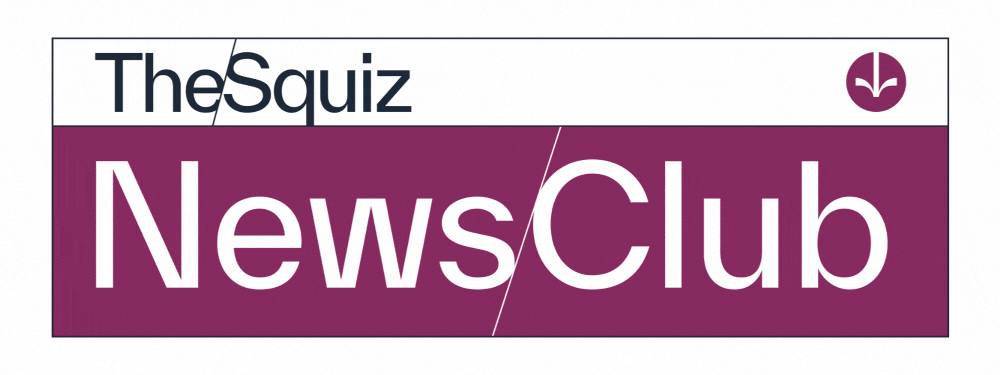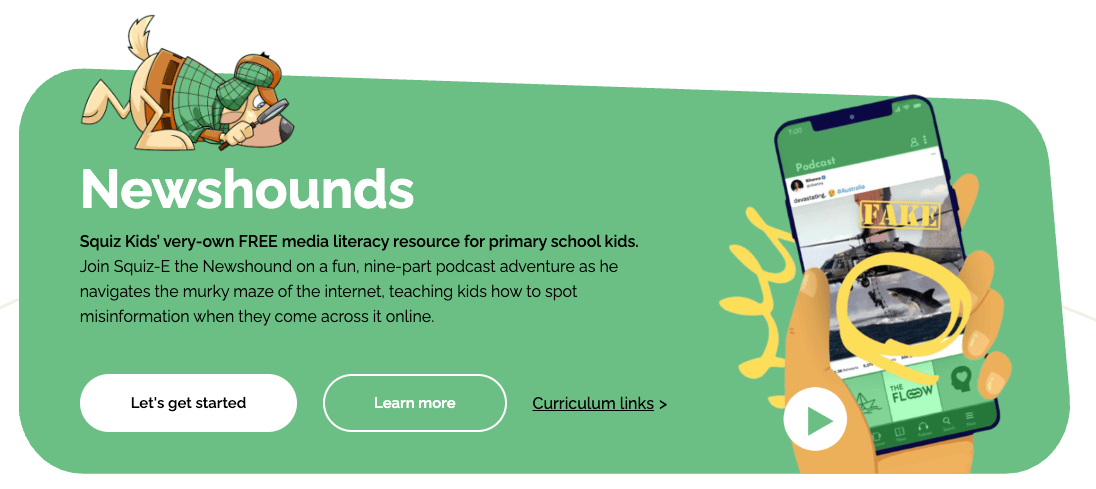- News Club
- Posts
- The Big Threat: The post-COVID trust deficit
The Big Threat: The post-COVID trust deficit

It’s been a big week in the online safety world, with the Australian government announcing that age-verification measures to keep teens off social media have been shown to (mostly) work. There’s still plenty to play out on this topic as we hurtle towards December, when the world-first legislation comes into effect and a generation of kids will be booted off TikTok, Instagram and Snapchat. And you can bet the world will be watching. Meanwhile, over in the United Kingdom, the government is under pressure to introduce media literacy education in schools and to get big tech to pay for it - as we discover in this week’s episode of The Big Threat.

The post-COVID trust deficit
When the UK’s Baroness Keeley delivered the findings of a House of Lords report into media literacy in July of this year, the recommendations landed with a thud.
Misinformation was threatening the UK’s democracy, the report found, and unless media literacy was improved for everyone in the country - young and old - “social cohesion” itself was at risk.
The report called for the immediate implementation of media literacy education in schools, the appointment of a senior government minister to oversee its implementation, and a levy on tech companies to fund the nationwide education effort.
As you’ll hear in this week’s episode of The Big Threat, it’s music to the ears of Professor David Buckingham, who’s long advocated for media literacy to be woven into the UK schools curriculum. And it’s a boon to the likes of The Guardian Foundation, whose News Wise program for schools happily resembles ‘Newshounds’ - The Squiz’s very own effort in this space.
We’re into the second last episode of this series, following my worldwide search for solutions to the information crisis gripping the planet. And after interviewing Cambridge University’s Professor Jon Roozenbeek for it, I decided to call this episode The Trust Deficit.
It’s a nod to Professor Roozenbeek’s contention that COVID turbocharged distrust in science, media and institutions alike.
You can listen to Episode 6 of The Big Threat here or tune in on YouTube - and hit subscribe while you’re at it. And scroll on for highlights from my conversations.
Interview Highlights
Highlight 1: On the trust deficit
Bryce Corbett: “How have we gotten to the point where there is such widespread distrust in science?”
Professor Jon Roozenbeek, University of Cambridge: “So you have a couple of things going on. The first one is COVID, where a slice of the population simply doesn't believe that the government and the scientists did a good job. They simply do not believe that what was done was reasonable and proportionate and was necessary.”
Highlight 2: On striking the trust balance
Professor David Buckingham, Loughborough University: “So what you have is not so much a gullible population as a mistrusting population. And while a little mistrust is very healthy - and part of the purpose of education is to cultivate scepticism - too much distrust where we don't trust anything that we see or hear quickly becomes dysfunctional.”
Highlight 3: On the speed at which fake news spreads
Ellie Nawreska, The Guardian Foundation: “Whilst mis- and disinformation has always existed with whatever technology was available through the millennia, the speed with which this is happening now and the sophistication with which this is happening does make it feel much more urgent than ever before.”
What are we doing about it?
That would be our world-leading daily news podcast for 7-12yos, Squiz Kids, and our media literacy program Newshounds…
Since 2020, our investment in ensuring Australia’s next generations become critical consumers of news and information online has been significant, and we’re committed to the cause.
How can you help? Recommend Squiz Kids to the parents, carers and teachers in your life - and if you fall into one of those categories yourself, dive in. We’re in more than 6,000 classrooms and many more family homes around the country, fuelling kids’ interest in the news every day.
Show us some love
If you’ve been enjoying News Club and our interview series, the best way you can support us is by sharing us with your friends/family/colleagues/boss. Share your unique link below, and we’ll know you sent them our way. Merci buckets.
Copy and paste this link and share it around:
